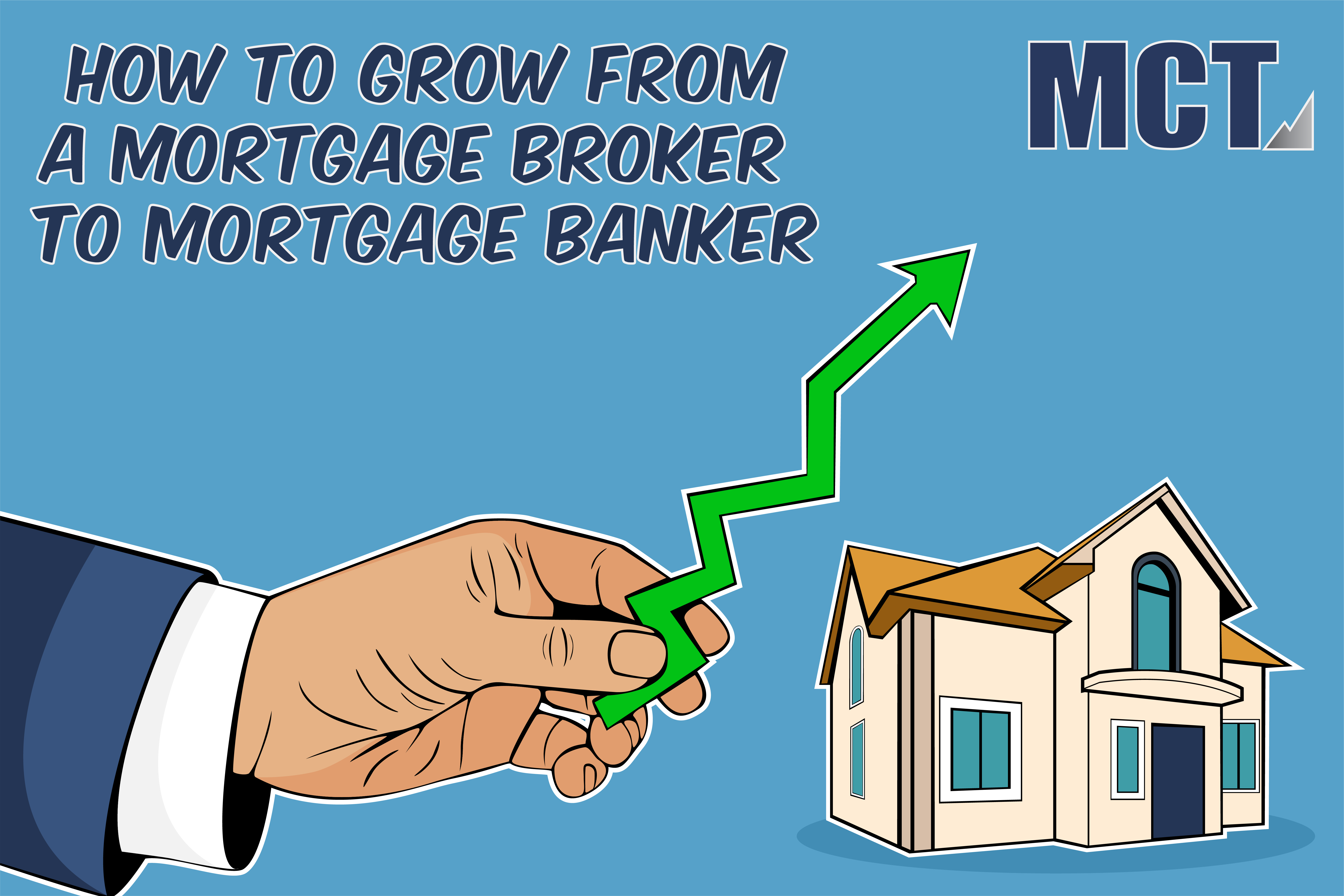Jumbo Loan Fees: What You Required to Know Prior To Using
Wiki Article
Comprehending What a Jumbo Finance Entails and Just How It Varies From Standard Loans
Navigating the complexities of jumbo car loans exposes a financing choice tailored for those venturing into high-value property, normally going beyond the restrictions established by the Federal Housing Financing Company. In comparison, traditional fundings are commonly a lot more easily accessible, taking advantage of backing by entities such as Fannie Mae and Freddie Mac. The considerable risk connected with jumbo lendings requires extra stringent qualification requirements, consisting of greater credit rating and considerable down payments. As these 2 finance types satisfy varying monetary landscapes, understanding their subtleties is important for making informed choices in the complicated world of property financing. Exactly how do you determine which course best matches your financial approach?Interpretation of Jumbo Lendings
Jumbo finances are a type of home loan that go beyond the conforming funding restrictions set by the Federal Housing Financing Firm (FHFA) These lendings cater to debtors that require to finance properties that are much more costly than what standard loan limits enable. The FHFA develops yearly adjusting loan limits, and any funding exceeding these limits is categorized as a big financing.Commonly, big financings are utilized in high-cost property markets where home prices significantly go beyond nationwide averages, such as in urbane locations or deluxe housing industries. As these car loans are not qualified for acquisition by Fannie Mae or Freddie Mac, they bring fundamental risks for lending institutions because of their larger size and non-conformity (jumbo loan). Subsequently, lending institutions commonly impose more rigorous certification criteria for big finances than conventional adhering loans.
Consumers seeking big car loans should typically show a strong monetary account, including a greater credit report, durable income confirmation, and substantial down repayment, often 20% or more. In addition, lenders may call for much more considerable documentation to examine the customer's capacity to handle larger regular monthly repayments. Comprehending the specific features of big lendings is critical for potential debtors navigating this segment of the mortgage market.
Standard Loans Summary
While jumbo loans cater to high-value residential or commercial property financing, conventional finances stand for the even more usual mortgage alternative in the real estate market. These financings are not guaranteed or guaranteed by any kind of federal government entity, such as the Federal Real Estate Administration (FHA) or the Department of Veterans Matters (VA) Rather, they are backed by private lending institutions and adhere to guidelines established by government-sponsored ventures (GSEs) like Fannie Mae and Freddie Mac.Conventional loans are normally used with fixed or adjustable rate of interest and vary in regards to duration, commonly extending 15 to three decades. Borrowers typically favor conventional fundings for their predictable regular monthly settlements, which can help with long-lasting monetary preparation. Furthermore, they are available for key residences, 2nd homes, and investment buildings, supplying versatility to meet varied debtor requirements.

Trick Differences Between Finances
Understanding the nuances between various kinds of loans is important for possible buyers navigating the complicated mortgage landscape. Read More Here At the leading try here edge of this decision-making procedure are big loans and conventional fundings, each possessing unique qualities and serving different debtor requirements. The main distinction relaxes in the financing quantity. Big loans exceed the conforming lending limitations set by the Federal Housing Finance Agency (FHFA), which vary by area. On the other hand, standard loans follow these limits and are typically purchased by government-sponsored entities like Fannie Mae and Freddie Mac.
In addition, the down payment requirements can differ significantly. Jumbo finances generally require larger down payments, in some cases surpassing 20%, to minimize threat. Standard lendings, on the other hand, may enable lower deposits, with some programs approving just 3% for certified customers.
Certification Needs
Securing a jumbo lending involves fulfilling extra strict qualification needs contrasted to standard finances, showing the boosted threat to lenders. These car loans, which exceed the conforming lending limits established by the Federal Housing Money Company (FHFA), are not qualified for acquisition by Freddie Mac or Fannie Mae, thus exposing lending institutions to better economic danger - jumbo loan. Therefore, debtors have to show a high creditworthiness and monetary stabilityA robust credit rating, generally 700 or higher, is crucial for approval. Lenders additionally anticipate a lower debt-to-income (DTI) proportion, usually not exceeding 43%, guaranteeing that customers can handle considerable month-to-month settlements together with check that other monetary commitments. In addition, a significant cash money book is generally needed, typically amounting to 6 months of home mortgage settlements, to assure lending institutions of the borrower's monetary strength.
Down payment expectations are additionally raised, regularly starting at 20% or even more of the building's value. While this is a protect for lending institutions, it requires substantial ahead of time funding from customers.
Choosing the Right Lending
Navigating the intricacy of jumbo lendings requires mindful factor to consider when selecting the most ideal lending option. With the broader variety of options readily available to those looking for jumbo fundings, the decision-making process ought to entail a thorough evaluation of one's economic account and long-lasting objectives. Unlike standard fundings, big finances commonly feature more stringent requirements and differed rate of interest rates, which necessitate thorough study and a clear understanding of one's monetary standing.When picking between various jumbo car loan offerings, it is important to evaluate the financing terms, including rates of interest, repayment routines, and associated charges. Borrowers must compare the prices provided by various lenders to ensure they safeguard the most desirable terms. Furthermore, recognizing the ramifications of fixed versus variable-rate mortgages (ARMs) is essential, as each alternative presents unique advantages and dangers relying on market conditions and individual monetary approaches.
Involving with an economic consultant or home mortgage broker can provide useful understandings customized to specific scenarios. These professionals can help in browsing the nuances of jumbo loans, making sure that borrowers are educated and geared up to choose a loan that aligns with their monetary goals, inevitably facilitating a smoother home-buying process.
Final Thought
In recap, big lendings act as an economic tool for getting high-value homes, requiring rigorous qualification needs and higher rates of interest because of the raised danger for lending institutions. Unlike standard financings, which adapt FHFA limits and may get backing from Fannie Mae or Freddie Mac, jumbo fundings require a minimum credit history of 700 and substantial down settlements. Recognizing these distinctions is vital for borrowers in high-cost real estate markets to determine one of the most appropriate car loan alternative for their requirements.The FHFA establishes annual adhering loan limits, and any car loan exceeding these limits is categorized as a big lending.
At the leading edge of this decision-making process are traditional financings and big lendings, each possessing distinct characteristics and offering different consumer requirements.Securing a big car loan involves satisfying more rigid qualification needs compared to standard car loans, mirroring the enhanced threat to loan providers. Unlike standard car loans, big car loans usually come with stricter needs and varied rate of interest prices, which necessitate complete research and a clear understanding of one's monetary standing.
Unlike standard car loans, which adjust to FHFA limits and may obtain backing from Fannie Mae or Freddie Mac, jumbo fundings call for a minimum credit rating rating of 700 and substantial down payments.
Report this wiki page